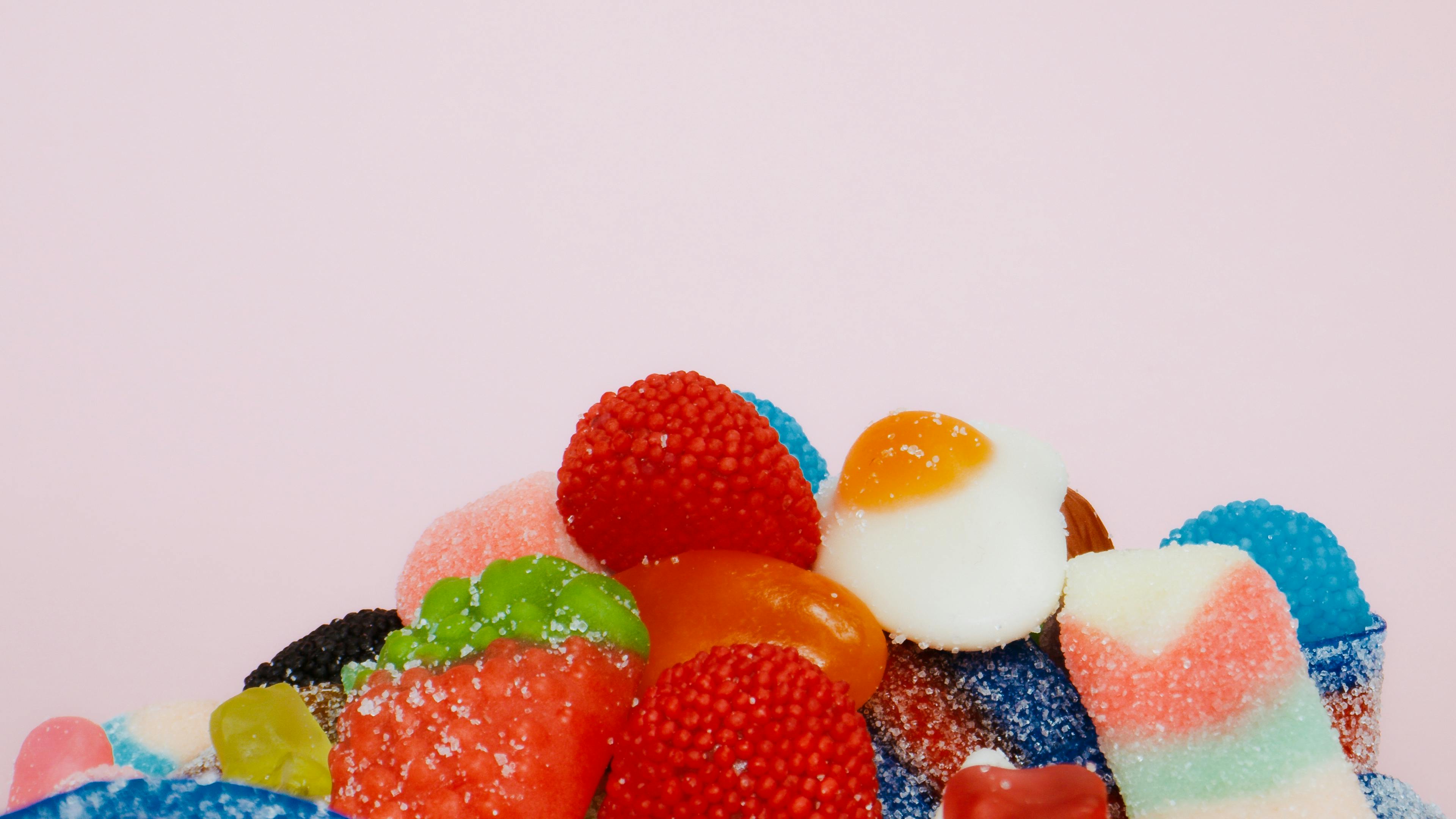
Essential Guide to Diet Pepsi: Does It Contain Caffeine in 2025?
As one of the most popular diet sodas on the market, many consumers wonder about the specifics of its formulation, including Diet Pepsi caffeine content. This comprehensive guide provides you with crucial insights regarding the caffeine levels in Diet Pepsi, along with other nutritional information, ingredients, and effects on health. Read on to find out if Diet Pepsi has caffeine, how it differs from regular Pepsi, and what the future holds for this beloved beverage in 2025!
Understanding Diet Pepsi Caffeine Content
Caffeine is a central aspect of many soft drinks, and understanding its levels in beverages like Diet Pepsi is essential for informed choices. In 2025, Diet Pepsi contains approximately 35 mg of caffeine per 12 fl oz serving. This level is lower than the average caffeine found in regular soft drinks but represents a notable amount for consumers who are sensitive to caffeine. For those seeking low-caffeine options, it’s crucial to compare caffeine levels in Diet Pepsi with alternatives. Products labeled as caffeine-free exist, but Diet Pepsi falls within the spectrum of drinks designed to offer a moderate energy boost without sugar.
Caffeine in Diet Pepsi vs Regular Pepsi
The primary difference between Diet Pepsi and regular Pepsi lies in their sweetening agents and sugar content. While regular Pepsi contains about 38 mg of caffeine per 12 fl oz serving, Diet Pepsi substitutes sugar with artificial sweeteners such as aspartame and/or acesulfame potassium. Consumers exploring Diet Pepsi vs regular Pepsi will find that while they share similar caffeine profiles, the differences in flavor and dietary impacts can significantly affect consumer preferences and choices.
Caffeine Sensitivity and Dietary Choices
Understanding how caffeine affects your body is vital, especially if you have caffeine sensitivity. Higher levels of caffeine can lead to increased heart rates, anxiety, or insomnia in some people. Many consumers ponder whether Diet Pepsi is bad for you considering its caffeine content and artificial sweeteners. As a result, those who are health-conscious often look for alternatives that reduce their caffeine consumption without sacrificing flavor.
Diet Pepsi Ingredients and Nutritional Information
To make healthy beverage choices, it’s important to examine the Diet Pepsi ingredients. The main components of Diet Pepsi include carbonated water, caramel color, aspartame (an artificial sweetener), phosphoric acid, citric acid, caffeine, and flavoring agents. The absence of sugar keeps the calorie content significantly lower than its sugary counterparts, with Diet Pepsi providing just under 1 calorie per serving. Therefore, for those counting calories or engaging in weight loss efforts, Diet Pepsi can be seen as a viable choice. However, it's advised to observe overall consumption of diet soft drinks to ensure that you are also maintaining a balanced diet, particularly when considering Diet Pepsi and weight loss.
Diet Pepsi Caloric Content
When analyzing your overall nutritional intake, the Diet Pepsi calories should be noted. One of the most appealing aspects of Diet Pepsi is its low-caloric nature; with less than one calorie per serving, it serves as an excellent alternative for those who enjoy carbonated drinks but are conscious of their caloric intake. This is why it's a common choice among many health-conscious individuals who wish to enjoy the fizzy taste without adding substantial calories to their diet.
Understanding Artificial Sweeteners
Caffeine-sensitive consumers often debate the health implications of sweeteners used in diet sodas. Many feel apprehensive regarding the effects of consuming products with Diet Pepsi artificial sweeteners, much has been written about their potential link to health issues. However, the FDA has deemed these sweeteners safe in moderation. Interestingly, research shows that the use of such alternatives does not contribute to weight gain and can even facilitate weight loss when paired with proper lifestyle choices.
Health Effects and Consumer Preferences
When it comes to drinking Diet Pepsi, consumers often debate its potential health effects. Some suggest that the consumption of diet sodas could lead to bloating or discomfort, while others argue that they provide a better alternative to high-calorie sugary drinks. A mix of opinions creates an interesting landscape regarding Diet Pepsi health effects. Taking into account the varying dietary patterns among consumers can provide greater insight into overall Diet Pepsi consumption trends.
Diet Pepsi and Hydration
There’s significant discussion around whether beverages like Diet Pepsi can effectively contribute to hydration. Most nutritionists suggest that while Diet Pepsi can be hydrating, it should not replace water or other nutritionally balanced beverages in your diet. Those who frequently drink soda often question Diet Pepsi and hydration—moderate consumption as a part of a balanced fluid intake may promote hydration without significantly hindering overall health.
Diet Pepsi Alternatives and Recommendations
For those seeking out healthier beverage options, there exist numerous Diet Pepsi alternatives that share similar flavor profiles without added caffeine. Flavored sparkling waters or herbal teas offer hydration and flavor while avoiding artificial sweeteners and calories. Expanding drink options can help improve your dietary balance while still enjoying the flavors you love.
Marketing Trends and Consumer Preferences
Diet Pepsi has seen fluctuations in popularity over the years. Factors influencing its market position include making informed decisions based on beverage advertising, nutritional value, and evolving consumer preferences. In recent years, many leading brands have turned their focus toward sustainability and health—Diet Pepsi marketing exemplifies what it means to respond to these trends amidst growing consumer interest in health-conscious diets. For instance, the effectiveness of health campaigns and consumer reports on soda brands hinges on transparency and excellent product quality.
Diet Pepsi Consumer Reviews
Consumer reviews have consistently applauded Diet Pepsi for its crisp flavor and refreshing taste. Enthusiasts often note its unique taste compared to other diet soft drinks. As consumers reflect on their preferences, reviews on platforms like social media highlight the variations in flavor, enabling brands to adapt their strategies and maintain their relevance in the competitive soft drink market. In sum, security in product consistency contributes to its market longevity, offering insights into Diet Pepsi consumer preferences.
Diet Pepsi Innovations and Future Trends
As 2025 approaches, it is crucial to consider Diet Pepsi innovation and how it will adapt to maintain relevance. Beverage companies are now experimenting with new formulas, natural flavoring agents, and sustainable packaging methods to cater to the evolving health trends. Innovations like lower-calorie recipes or shifts from artificial to naturally derived sweeteners could emerge in anticipation of consumer demand for healthier soft drink options, highlighting the continued connection between market forces and choices made by beverage companies.
Key Takeaways
- Diet Pepsi contains about 35 mg of caffeine per 12 oz serving, which is lower than regular Pepsi.
- The beverage offers a low-calorie option for health-conscious individuals, with less than one calorie per serving.
- Understanding artificial sweeteners in Diet Pepsi can help consumers make informed dietary choices.
- Market trends suggest Diet Pepsi is continuously adapting to consumer preferences through innovation and healthier options.
- Moderation is key; while Diet Pepsi can be part of a balanced diet, it should not replace essential nutrients.
FAQ
1. Is Diet Pepsi caffeine-free?
No, Diet Pepsi is not caffeine-free. It contains approximately 35 mg of caffeine per 12 oz serving, making it a mid-caffeine option compared to other soft drinks.
2. How does Diet Pepsi affect weight loss?
Diet Pepsi can be a helpful beverage for calorie-conscious individuals as it provides a soft drink experience without added sugar or significant calories. However, it should be consumed in moderation within a balanced diet that emphasizes whole foods and hydration.
3. What are the ingredient concerns with Diet Pepsi?
Concerns about Diet Pepsi typically revolve around its use of artificial sweeteners, like aspartame. Research indicates that these sweeteners are safe for consumption in moderation but consumers should be aware of their effects on their body.
4. Are there better alternatives to Diet Pepsi?
Yes, alternatives to Diet Pepsi include flavored sparkling waters, herbal teas, or naturally flavored water. These options offer hydration and flavor without artificial ingredients or caffeine.
5. How does Diet Pepsi compare to other soft drinks?
In terms of caffeine content and calories, Diet Pepsi falls between regular sodas and caffeine-free or naturally flavored options, making it a popular choice among diet soda drinkers.
6. How can I make a Diet Pepsi recipe at home?
A simple recipe to enjoy Diet Pepsi at home is mixing it with a splash of fresh lime or lemon juice for a refreshing twist. Alternatively, experimenting with different herbs or fruits can provide a unique homemade diet soda experience.
7. What are the latest Diet Pepsi marketing trends?
Diet Pepsi has been shifting its marketing to focus on sustainability, health benefits, and responding to consumer demands for transparency in ingredients. Campaigns emphasize promoting low-calorie options while maintaining flavor and enjoyment.

